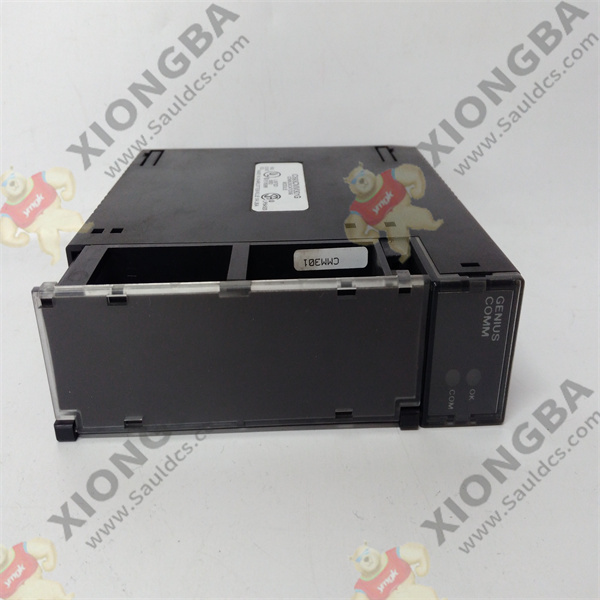ABB’s new $150 million robot factory, covering 67,000 square meters, was put into operation
The new production facility, as well as an open innovation center in collaboration with customers, will apply digital and automated technologies to manufacture the next generation of robots
The new Gigafactory and R&D center will further strengthen ABB’s leadership position in the field of robotic automation
On December 2, ABB held a production ceremony in Kangqiao, Pudong, Shanghai, to announce the official opening of its leading robotic gigafactory. This fully automated flexible production gigafactory, integrating production and research and development, covers an area of 67,000 square meters, with an investment of 150 million US dollars (about 1.1 billion yuan). ABB will apply its digital and automation technology to manufacture a new generation of robots, further strengthening its leading position in the field of robotics and automation in China. I believe you are full of curiosity, then quickly turn on the video, and walk into the factory of the future with us!
“The opening of the robotic Gigafactory is another important milestone in ABB’s three decades of successful development in China,” said Martin Asley, global president of ABB Robotics and Discrete Automation. The new facility will better help Chinese customers achieve sustained growth in the new era of automation, meet the challenges of labor shortages, and create high-value jobs. Featuring innovation, automation and flexibility, the Gigafactory will uphold ABB’s development strategy of “in China, for China” and further strengthen the localization of the whole value chain. In the future, more than 90 percent of our products sold in China will be manufactured here, supporting us to provide more locally made products, solutions and services to Chinese customers.”

Gigafactory connects the physical world with the digital world, creating a digital manufacturing ecosystem that leverages virtual planning and production management systems to improve performance and productivity by collecting and analyzing data. The new plant ditches traditional, fixed assembly lines and replaces them with flexible, modular production cells that are digitally connected and serviced by intelligent, autonomous mobile robots. Ai robotic systems can perform tasks such as screw tightening, assembly, and material handling, freeing people from these tasks for more valuable work.
“The new robotics manufacturing and R&D center is turning ABB’s vision of the factory of the future into a reality, enabling more resilient, faster and more efficient production and internal logistics through flexible automation,” said Mark Scone, global president of ABB’s robotics business. ABB is committed to promoting flexible manufacturing, modular production and intelligent manufacturing, with a strong focus on robotic AI learning technology, and the new factory is the latest embodiment of these efforts. At the new R&D center, we will work with our customers and partners to develop new solutions that will prepare them for a new era of automation in the world’s largest robotics market.”
The new 8,000-square-meter research and development center at Gigafactory will accelerate innovation in artificial intelligence, digitization and software, focusing on areas such as autonomous mobility, digital twins, machine vision and low-code programming software to make robots smarter, more flexible, safer and easier to use.
ABB will collaborate with partners and customers in the new Open Innovation Center to develop innovative solutions that unlock more possibilities for flexible automation in new areas such as logistics, healthcare, food and beverage. Since 2005, ABB has trained more than 1 million students in robotics-related courses in China through partnerships with vocational schools and universities. Gigafactory will continue to develop skills for its partners and end users to embrace the new era of automation.
 中文版
中文版




